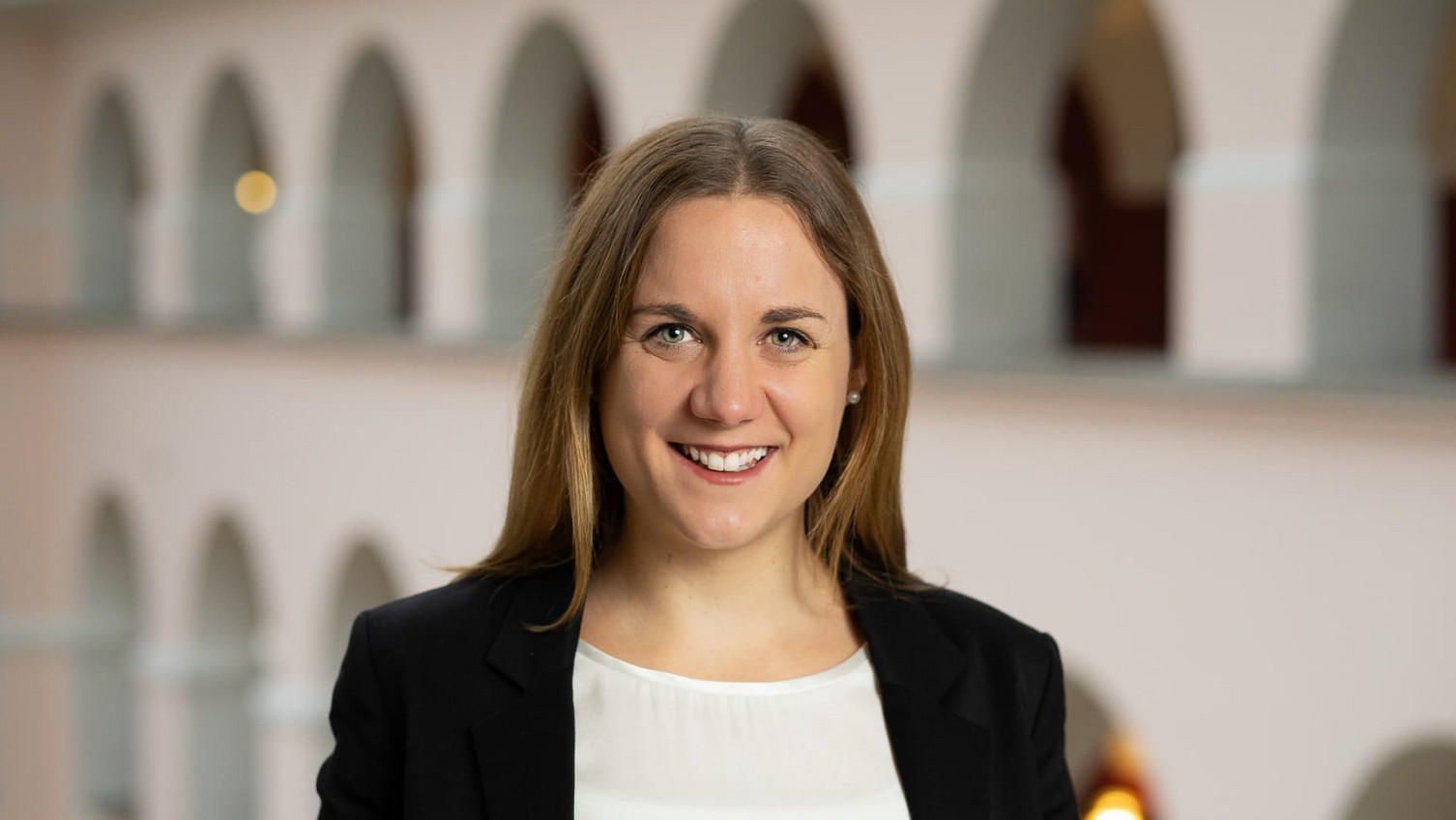Karina Frick appointed to the Council for German Orthography
2023-03-27 Karina Frick, Professor of Applied Linguistics at the Institute for German Language and Literature and its Didactics, was appointed to the Council for German Orthography for the next term of office.
The Council for German Orthography is an intergovernmental body entrusted by the state authorities with the task of preserving the uniformity of spelling in the German-speaking world and developing spelling on the basis of the orthographic rules. It consists of 41 members, 18 of whom are from Germany. Professor Frick was delegated by the government of Liechtenstein and represents the Principality on the Council. This body - and not, as is commonly assumed, the "Duden" - is thus the authoritative authority on questions of German spelling and publishes the official set of rules, the reference work for German spelling. The name seems awe-inspiring, but the rules laid down by the Council are surprisingly lively and close to actual language use: for example, the Council allows the common practice of capitalising adjectives such as "golden" in "golden wedding", permits variant spellings such as "crème", deletes words such as "sketsch" that used to be valid but are now no longer used by anyone, and encourages - particularly relevant in the digital sphere - the capitalisation of "ẞ" (instead of "SS").
Frick sees her upcoming task in the committee as being to make the perspective of schools strong: "I would like to get involved in the school working group. In addition to current topics such as the omnipresent discourse on gender issues in the media, schools are the place where spelling is particularly important. Especially since the advent of the new media, fears have been expressed time and again that young people are no longer able to write well and correctly. The fact that this may also have something to do with the fact that the sometimes somewhat rigid, or at least sluggish, rules and regulations lag behind the use of language is often overlooked. That's why I would like to work for a school- and student-friendly spelling system in the Council - after all, this is also closely related to my work at the Faculty of Education, where I train future teachers.
Her work on the Council, which is initially confirmed for the term 2024-2027, ties in with Frick's previous research work in various ways. For example, she has dealt with the question of what influence digital writing in social media has on the language skills of young people, or to what extent spelling on the internet is made an issue by users.

